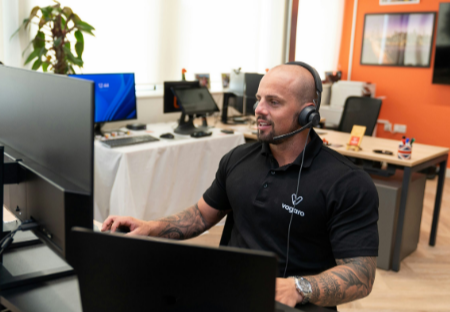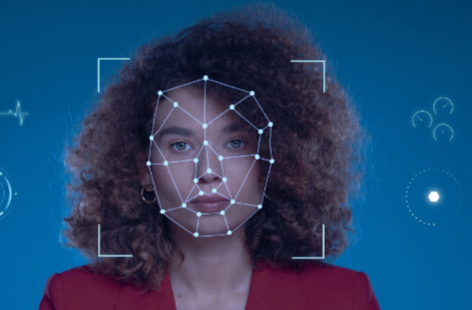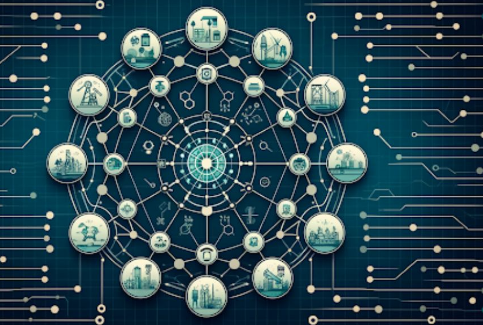Dynamic Personal Assistants: Contextual, Proactive, Real

Dynamic personal assistants have evolved significantly, transforming from simple task managers to sophisticated systems that offer contextual and proactive support. Their integration of AI and machine learning enhances their ability to anticipate user needs and streamline daily activities. This shift not only boosts productivity but also fosters a sense of autonomy. As these tools become more prevalent, their impact on daily life raises important questions about reliance, privacy, and the future of personal technology.
The Evolution of Personal Assistants
As technology advanced, the evolution of personal assistants transformed from rudimentary tools into sophisticated systems capable of understanding and responding to human needs.
Historical developments showcase significant milestones, from basic voice commands to AI-driven interactions.
Future predictions suggest an even deeper integration of personal assistants into daily life, enhancing autonomy and efficiency, empowering individuals to reclaim their time and pursue personal freedom amidst technological advancements.
Key Features of Dynamic Personal Assistants
The advancements in personal assistants have led to the emergence of dynamic systems that offer a wide array of features designed to enhance user interaction and efficiency.
Key features include sophisticated voice recognition, enabling natural communication, and task automation, which streamlines daily responsibilities.
These capabilities empower users to manage their time effectively, fostering a sense of freedom and control in their increasingly busy lives.
Read Also: Disinformation Security: Defending Truth in the Age of Deepfakes
Enhancing Productivity and Well-Being Through Technology
How can technology reshape productivity and well-being in everyday life?
By enhancing time management and promoting stress reduction, dynamic personal assistants allow individuals to focus on what truly matters.
These tools streamline tasks, prioritize responsibilities, and facilitate efficient scheduling, fostering a sense of control.
Ultimately, technology empowers users to reclaim their time, leading to improved mental health and a balanced lifestyle.
Conclusion
In conclusion, dynamic personal assistants exemplify a transformative shift in how technology interacts with daily life. By harnessing AI’s predictive capabilities, these systems indeed foster enhanced productivity and well-being. While some critics question the implications of dependence on such technology, the evidence suggests that when used responsibly, these assistants empower users to manage tasks efficiently and promote a sense of autonomy. Thus, the integration of these tools appears not only beneficial but essential in navigating the complexities of modern existence.





